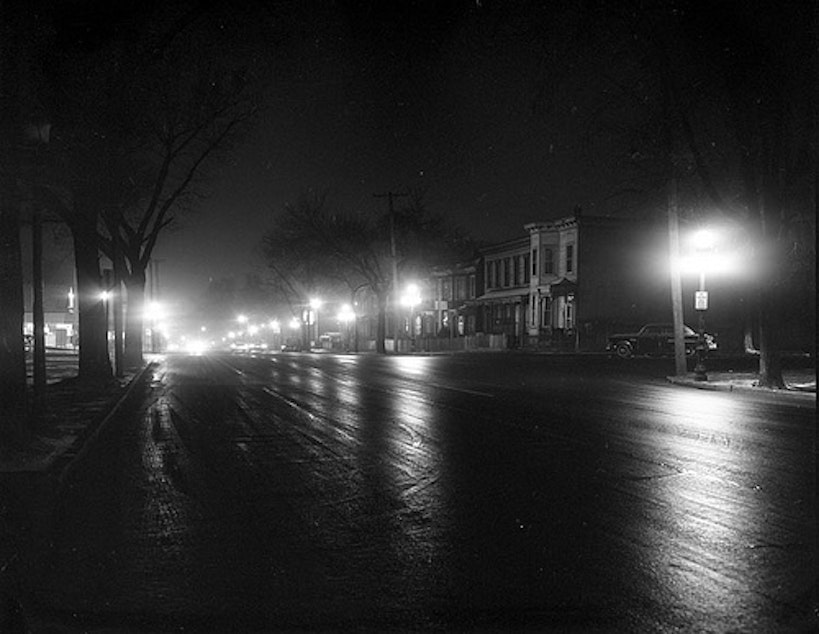Yes, Researchers Say, You Should Be Afraid Of The Dark

Shadows loom at night, and you may watch your back more. But is there actually more crime under the cover of darkness? A new report says yes.
Jennifer L. Doleac, an economics professor at the University of Virginia, and Nick Sanders, an economics professor at The College of William & Mary in Williamsburg, Va., researched how light affects crime.
“There has been interesting research that when people are in well-lit environments they behave more honestly,” Sanders said. Sanders spoke with The Record on Tuesday.
When they embarked on this research project, they tried to understand whether criminals adjust their behavior when night falls.
Ultimately, they found that daylight saving time, during which the evening borrows and hour of daylight from the morning, may actually result in less crime in the evening.
“Crime is sufficiently less common in the morning than in the evening. It is possible (daylight saving time) could make a difference,” the researchers wrote.
Doleac and Sanders found that it does make a difference. In fact, during daylight saving time, there is 21 percent drop in street robberies during the evening, and 7 percent less crime during the day overall.
This is also true in London, where muggings more than double after dark, according to a recent study released in September by Lisa Tompson and Kate Bowers, of the Department of Security and Crime at University College London.
"Darkness was significantly associated with an increase in the expected number of street robberies," they wrote.
Produced for the Web by Isolde Raftery.

